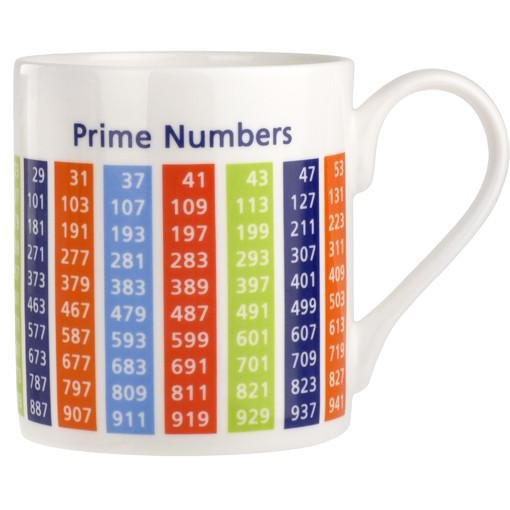package program;
import java.util.Scanner;
public class PrimeNumber{
public static void main(String [] args){
int enterNumber ;
int status = 1;
int number = 3;
Scanner input = new Scanner(System.in);
System.out.print( " Enter the value of integer :__);
enterNumber = input.nextInt();
if( enterNumber>= 1){
System.out.println("First " + enterNumber+ " prime numbers are : ");
System.out.println(2);
}
for( int i = 2; i <= enterNumber; ){
for(int j =2; j<= Math.sqrt(number) ; j++){
if(number%j==0){
status = 0;
break;
}
}
if(status != 0){
System.out.println(number);
i++;
}
status = 1;
number++;
}
}
}
Input :
15
Output :
2
3
5
7
11
13
17
19
23
29
31
37
41
43
47

good post bro...useful for students
Thanks vaiya
nice post
It’s a good post, but you could be more thoughtful on the inner loop. You could use a step-size of at least 2. Or if the number is larger than 3, print 3 and use a step-size of 3. Cause the primes cannot be any multiples of those numbers. In fact you just have to check if they are divisible by smaller prime numbers. If not, it is a new prime. That’s a much more efficient way. But your way is also okay for little numbers.
Congratulations @afjal.softcare! You have completed some achievement on Steemit and have been rewarded with new badge(s) :
Click on any badge to view your own Board of Honor on SteemitBoard.
For more information about SteemitBoard, click here
If you no longer want to receive notifications, reply to this comment with the word
STOPfriend you have made us happy...